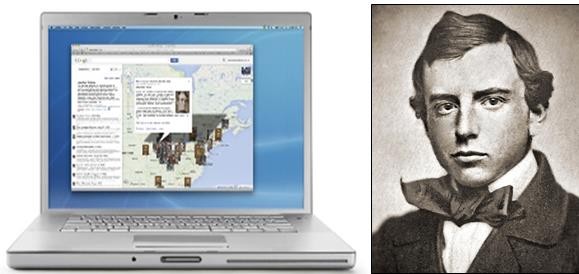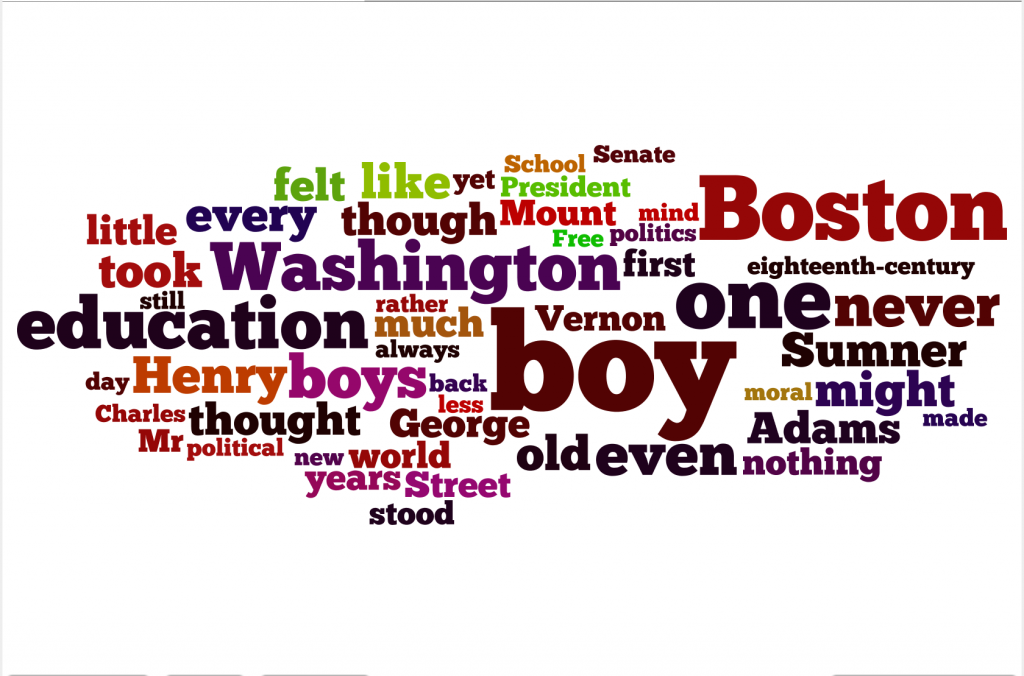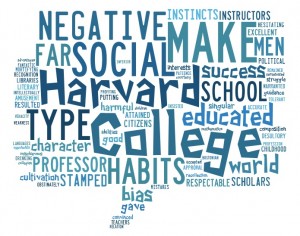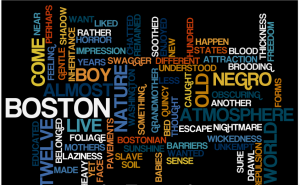This word cloud was generated by using Wordle with the top 50 words in Chapter 3 of The Education of Henry Adams. The more frequently a word appears, the bigger it is on the word cloud. Some common words in English (such as that) were omitted. Chapter 3 mainly talks about Adams’ short trip to Washington, where he was introduced to a world of slavery and politics. As you can see from the word cloud, some of the words that stand out the most are: boy, Boston, Washington and education. Since Henry Adams refers to himself as “the boy”, the word boy is naturally the most noticeable. Adams talks a lot about his family’s disconnection to and his indifference towards Boston (where he was originally from). It is thus no surprise that Boston becomes the next most mentioned word. Education as the title and the main theme of this book is the third biggest word. Washington as the name of this chapter is the fourth most common word. Some words that are small but worth considering are political (as stated before, Adams starts to express his views about politics in this chapter), Sumner (who used to be Adams’ heroic figure) and eighteenth-century (he always describes himself as someone with a eighteenth-century’s mindset).






